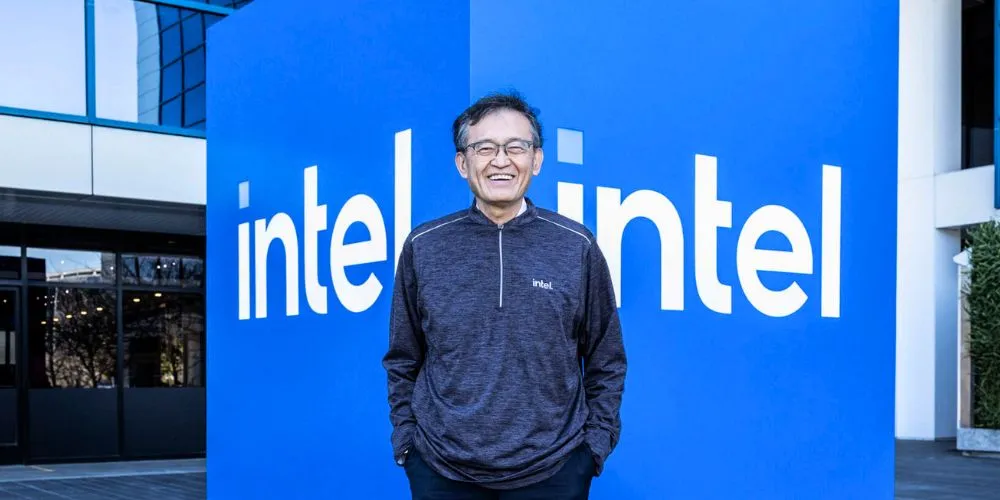Key Points
- Intel’s new CEO is considering ending the sale of its 18A chip technology to new customers.
- The move is due to 18A struggling to compete with rival TSMC and attract major clients.
- The company would instead focus its efforts on the next-generation 14A technology to win major customers, such as Apple and Nvidia.
- This strategy shift would be very expensive, likely resulting in a multi-billion-dollar write-down.
Intel’s new CEO, Lip-Bu Tan, is reportedly considering a major shake-up of the company’s chip-making strategy. The plan involves abandoning a key manufacturing technology, known as 18A, that his predecessor had spent billions developing. This potential pivot highlights the new leadership’s urgent push to revive the struggling American chipmaker.
The move comes as Intel struggles to attract major clients for its 18A process, which has faced delays and is seen by some as only catching up to technology that rival TSMC already has in production.
Instead of trying to sell 18A to new customers, Tan wants to shift the company’s focus and resources to the next generation of technology, called 14A. The goal is to leapfrog the competition and win over massive customers like Apple and Nvidia, who currently pay TSMC to make their chips.
This drastic change in direction would come at a steep price. If Intel stops marketing 18A, it would likely face a massive write-down that could cost hundreds of millions, if not billions, of dollars. The company’s board is expected to discuss the options soon, but a final decision on such a complex and expensive matter may not be made until the fall.
Even if the strategy shifts, Intel won’t completely abandon 18A. The company would still utilize the technology to produce its internal chips, such as the upcoming “Panther Lake” processors. It would also fulfill existing, smaller contracts for customers like Amazon and Microsoft. The change would primarily affect future sales to new, large-scale clients.





